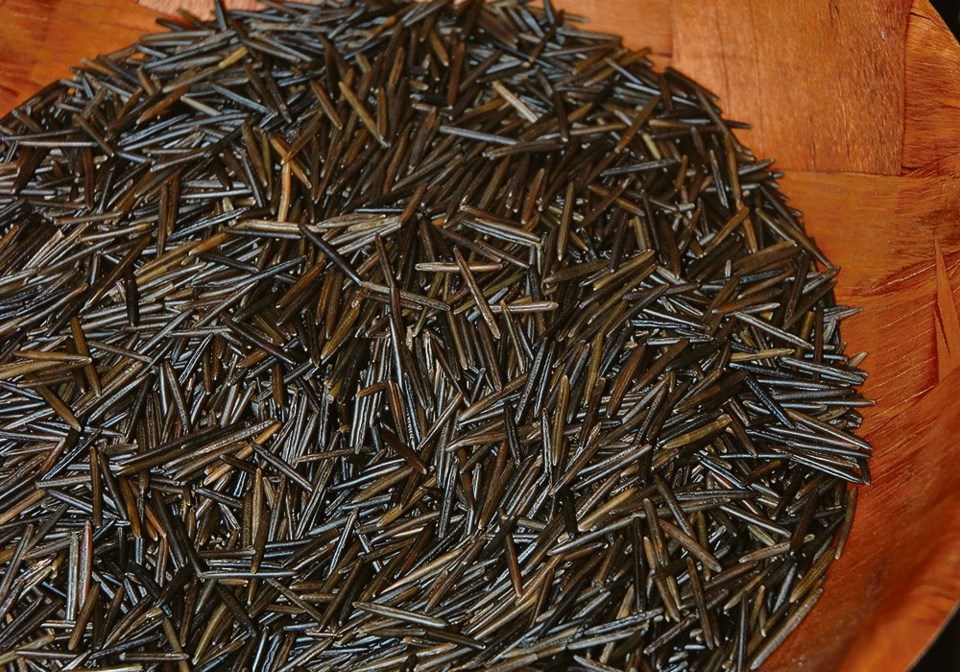WESTERN PRODUCER — The Saskatchewan government has cancelled a tax bill levied on a wild rice grower’s harvesting equipment after the case went public.
Frank Su had appealed an assessment of provincial sales tax on his airboat, which he uses to harvest wild rice in the north. He said his airboat, worth about $25,000, performs the same function as a $1 million combine that dryland farmers use and should be similarly exempt from PST.
The tax was assessed after an audit of his small business found that only $5,000 of the airboat’s cost, deemed to be the value of the harvesting part of the equipment, was exempt. He owed about $2,322 including penalties and interest.
Su appealed and the case was to be heard at the Saskatchewan Municipal Board Oct. 11.
But finance officials said the government had already announced last March that it was going to review how PST is applied to farming and agricultural goods and services. An email to Su from finance Oct. 6 said cases were being reviewed individually.
“The overall review of the application of PST on farming and agriculture was intended to include examination of the taxation of vessels such as wild rice harvesters used by primary producers, including farmers, during the crop harvesting process. As the broader review is still ongoing, the Ministry of Finance has taken your case under consideration and, as a result, is able to null the audit you are appealing, therefore you would no longer be required to pay the tax assessed,” said the email from the audit branch.
Su withdrew his appeal and said he would now concentrate on his day-to-day business.
He said the future of the wild rice industry is uncertain.
“We are in danger because of climate change and government regulations,” he said in an interview.
Saskatchewan growers produce about 90 percent of the world’s wild rice and Su said they are worried their industry might disappear.
High water levels in the northern lakes where they seed and harvest have hampered efforts. Strong winds through September created challenging harvest conditions, and he said some farmers weren’t able to afford fuel to harvest this fall.
New growing permits are not being accepted, he added.
“We are under so many challenges,” said Su. “We can’t just swim and hand-pick rice.
“I’m fighting for our survival.”
He had said the interpretation of PST regulations by the finance department was “arbitrary and incorrect.”
Although he could have applied for a refund, Su said he wanted to make sure all growers are fairly treated.
“Wild rice is a grain and wild rice farmers are grain farmers. It is a clear discrimination that PST is imposed on the equipment of wild rice farmers, but it is not imposed on the equipment of dryland farmers,” he said.
Furthermore, Su argued that this policy does not support Indigenous business development and reconciliation. He noted that premier Scott Moe has called wild rice a “flagship” product and that the cost of the audit was likely 10 times more than the amount he owes.
“I have to do my part,” Su said. “Justice and fairness are critical for everybody.”



